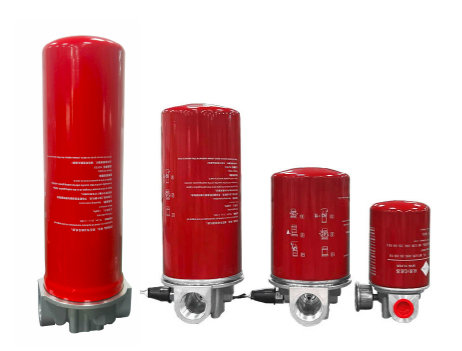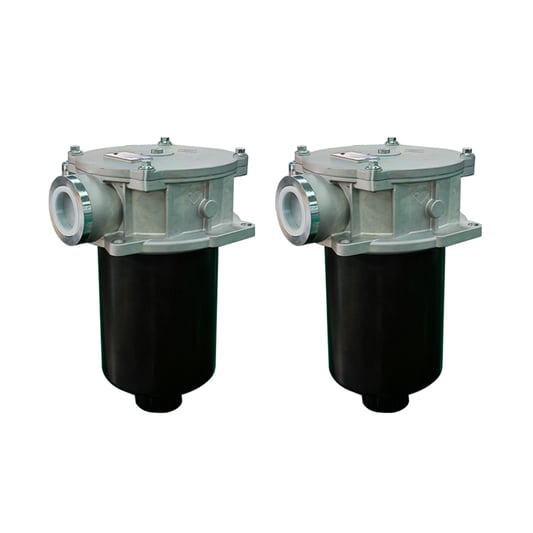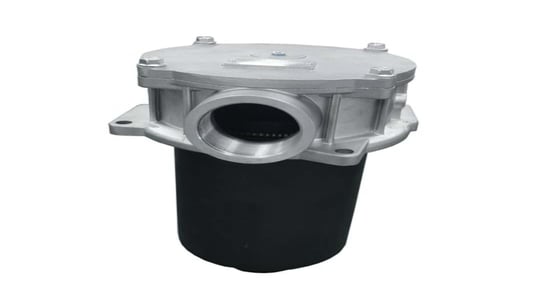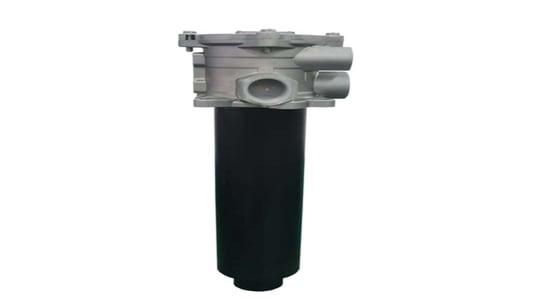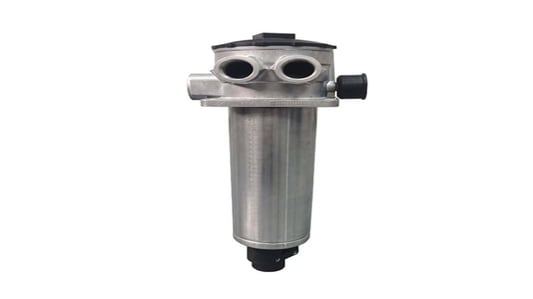What is a hydraulic tank breather cap?A hydraulic tank breather cap is a vital component in a hydraulic system that helps regulate the pressure inside the tank. It allows air to enter and exit the tank as needed, preventing damage to the system.Functions of a Hydraulic Tank Breather CapThe primary function of a hydraulic tank breather cap is to maintain the proper pressure levels within the tank. It also serves to prevent contaminants such as dust, dirt, and water from entering the hydraulic system, which can cause malfunctions and reduce the system's efficiency.Benefits of Using a Hydraulic Tank Breather CapUsing a hydraulic tank breather cap can extend the lifespan of your hydraulic system by preventing contamination and maintaining the proper pressure levels. It can also help reduce maintenance costs and downtime, as a well-functioning breather cap can improve system performance.Types of Hydraulic Tank Breather CapsThere are various types of hydraulic tank breather caps available, including standard breather caps, desiccant breathers, and pressurized breathers. Each type has its own specific functions and benefits, so it's essential to choose the right one for your system.Installation and Maintenance of Hydraulic Tank Breather CapsProper installation and regular maintenance of hydraulic tank breather caps are crucial to ensure their optimal performance. Make sure to follow the manufacturer's guidelines when installing the breather cap and inspect it regularly for any signs of damage or wear.Common Issues with Hydraulic Tank Breather CapsSome common issues with hydraulic tank breather caps include clogging due to excessive dirt or debris, damage from external factors, and malfunctioning due to wear and tear. It's important to address these issues promptly to prevent damage to the hydraulic system.Replacing a Hydraulic Tank Breather CapIf you notice any signs of damage or malfunction with your hydraulic tank breather cap, it may be necessary to replace it. Consult with a professional to determine the correct replacement part and ensure that it is installed correctly to avoid further issues.Choosing the Right Hydraulic Tank Breather Cap for Your SystemWhen selecting a hydraulic tank breather cap for your system, consider factors such as the size of the tank, the operating environment, and the specific requirements of your hydraulic system. Consulting with a specialist can help you choose the best breather cap for your needs.Importance of Regular Inspections and MaintenanceRegular inspections and maintenance of your hydraulic tank breather cap are essential to ensure its proper functioning. By keeping the breather cap clean and in good condition, you can prevent costly repairs and downtime in your hydraulic system.ConclusionIn summary, a hydraulic tank breather cap plays a crucial role in maintaining the efficiency and longevity of your hydraulic system. By understanding its functions, benefits, and proper maintenance practices, you can ensure that your system operates smoothly and effectively.Quote Inquirycontact us





